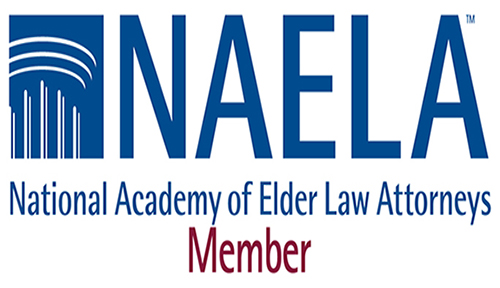Estate Planning
Comprehensive Estate Planning
A common perception is that estate planning merely involves the distribution of assets after death. And, yes, a simple estate plan can accomplish that. However, a comprehensive estate plan can help you accomplish much more. For example, a carefully designed and implemented estate plan gives you the opportunity to choose the people who would make financial and medical decisions on your behalf if you have become incapacitated. Without such a plan, a court will make these important decisions for you.
A well-thought through and implemented plan gives you maximum control over your assets and allows you to protect them while you are alive, in the period immediately following your passing, and for generations to come. We work with you to create custom comprehensive estate plans, based on your particular situation, designed to help you achieve all of the following and more:
- Give specific direction as to how your assets should be distributed, when and to whom.
- Choose a guardian and/or conservator for your minor children.
- Choose who will handle medical and financial decisions if you become incapacitated and can no longer manage your own affairs. And, give specific direction as to how you would like your financial and medical issues handled in those situations.
- Avoid the Michigan probate process (and the associated delays, lack of privacy, and costs, including unnecessary attorney fees).
- Leave a lasting and meaningful legacy.
- Protect your legacy from creditors, lawsuits, divorce, remarriage, and other potential problems that arise from your heirs.
- Minimize or even eliminate estate, gift and other taxes.
- Pass your values, work ethic and sense of responsibility on to your heirs.
- Enjoy greater "peace of mind."
We acccomplish these goals by working closely with you to gain an understanding of your specific situation and goals. Then, we employ several estate planning tools and techniques in combination to best accomplish your goals. The following is a brief introduction to some of those tools.
Last Will and Testament ("Will")
A Will allows you to control "who gets what" after you pass away. It also lets you nominate who will care for the daily needs (guardian) and financial needs (conservator) for any minor children. CAUTION! In Michigan, all Wills are subject to the probate process. Make sure your understand exactly how your plan will work for your and your family. We can help you dispel the common misconception of "I don't have any assets. Why should I have a will?"
Trusts
There are many types of trusts available in the estate planning toolbox. Structured correctly, trusts can give you greater control of the disposition of your assets, can provide substantial tax benefits, may protect your assets from the reach of your heirs' creditors, and, most importantly, are not subject to probate in Michigan.
Probably the most common trust is the revocable living trust (RLT). Placing your assets in an RLT allows you to maintain complete control over them while you are alive and after death. RLT's give you the fleixibility to choose when to transfer assets to the trust--all at once, or as you acquire new ones--allowing for ongoing financial management. In this scenario, your savings will exceed your costs.
Powers of Attorney
A Durable Power of Attorney (DPOA) allows you designate a person (or persons) to make financial decisions on your behalf either at your direction or should you become incapacitated. Without one, those who are to care for you must petition the court to have you declared legally incompetent to make financial decisions--a lengthy, stressful, and often costly process. Oftentimes, those who are tending to your finances will be called into court annually to justify the spending and investment of your finances.
Not all POA's are created equal. Many boilerplate DPOA's are missing key provisions, especially those that give your designees the power to protect your assets should you require nursing home care or other long-term care. Without a POA in place, those who are there to care for you must petition the court to declare you legally incompetent.
Patient Advocate Directive (Advance Directives, Living Will, Health Care Powers of Attorney)
These devices allow you to appoint someone you trust to make decisions on your behalf if you become so injured or ill that you are not able to make decisions on your own regardibg medical treatment options. These documents allow you to choose, in advance, who will make decisions on your behalf and what type of treatment you prefer should you become permanently unconcsious or terminally ill. In addition, HIPAA Authorization allows your loved ones and key decision makers to access medical information about your condition when they need it.
Also, due to a change in Michigan law, all POA's created prior to 2012 should be reviewd. We are happy to review and suggest revisions to your POA's to ensure that they include all appropriate provisions and accurately reflect your wishes.
Contact us today to schedule a free consultation to discuss your particular needs and goals. The earlier you begin the planning process, the more options we will have to protect your loved ones and yourself. Click here to visit our Workshops page.









